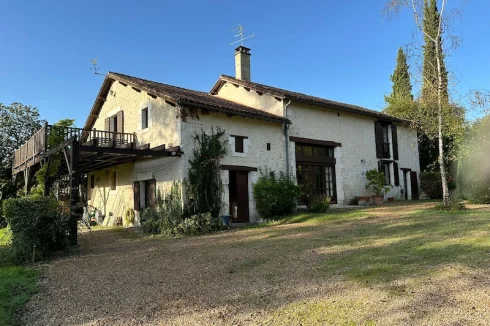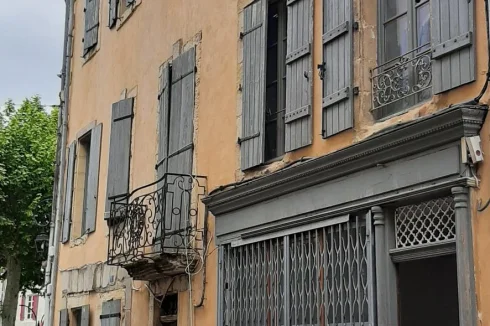Refuse Collection Charges in France
Thursday 07 December 2017
Do not expect door-to-door refuse collection in rural France, but you will still need to pay a refuse collection tax.
Domestic refuse collection in France has traditionally been the responsibility of the local municipal council, but with the need to secure economies of scale and improved environmental management the task has increasingly been carried out on an inter-municipal basis.
In 2015, that de facto organisation of the service became enshrined in law, with the formal transfer of responsibility to inter-municipal bodies, called communautés de communes, or similar.
The service is run directly or sub-contracted to a private contractor.
Very few councils in rural areas run a door-to-door service; in most cases there are collection points scattered around the village where bins are located. You will be required to take your refuse to one of the points and deposit them in one of the bins, depending on the type of waste.
Bulky items and non-household waste will need to be taken to the local recycling centre – the déchèterie. Not all councils have a centre, so you may find you will need to take the rubbish to a neighbouring area. Use of these centres is free of charge to households.
Tax
The councils charge for the waste service through a tax called the Taxe d'Enlèvement des Ordures Ménagères (TEOM), which is collected with the annual property rates bill, the taxe foncière.
However, the TEOM is a discretionary tax and some councils simply decide to fund the service through the general budget.
The basis for the calculation of the tax is generally the same as that for the taxe foncière, that is to say the rateable value of the property.
In some cases, councils charge on the basis of the number of persons in the household, in which case the tax is called Redevance d’Enlèvement des Ordures Ménagères (REOM).
Following a change in the law in 2013, charging on the basis of the household size and/or the amount of waste has become more common.
Exemptions
There are very few exemptions from this tax. Although a household might otherwise be exempt from the taxe foncière this does not also grant an exemption to the rubbish collection tax, which will continue to be payable.
Similarly, even though the property may be used on a temporary basis, such as a second home, you will still be fully liable for the tax.
If you let out the property you are entitled to recover the tax from the tenant, although as the owner of the property you remain directly liable.
Landlords who are unable to let out their property, despite their best intentions to do so, are also able to claim an exemption on the property, on the same basis as is accorded for an exemption to the taxe foncière.
Thank you for showing an interest in our News section.
Our News section is no longer being published although our catalogue of articles remains in place.
If you found our News useful, please have a look at France Insider, our subscription based News service with in-depth analysis, or our authoritative Guides to France.
If you require advice and assistance with the purchase of French property and moving to France, then take a look at the France Insider Property Clinic.





